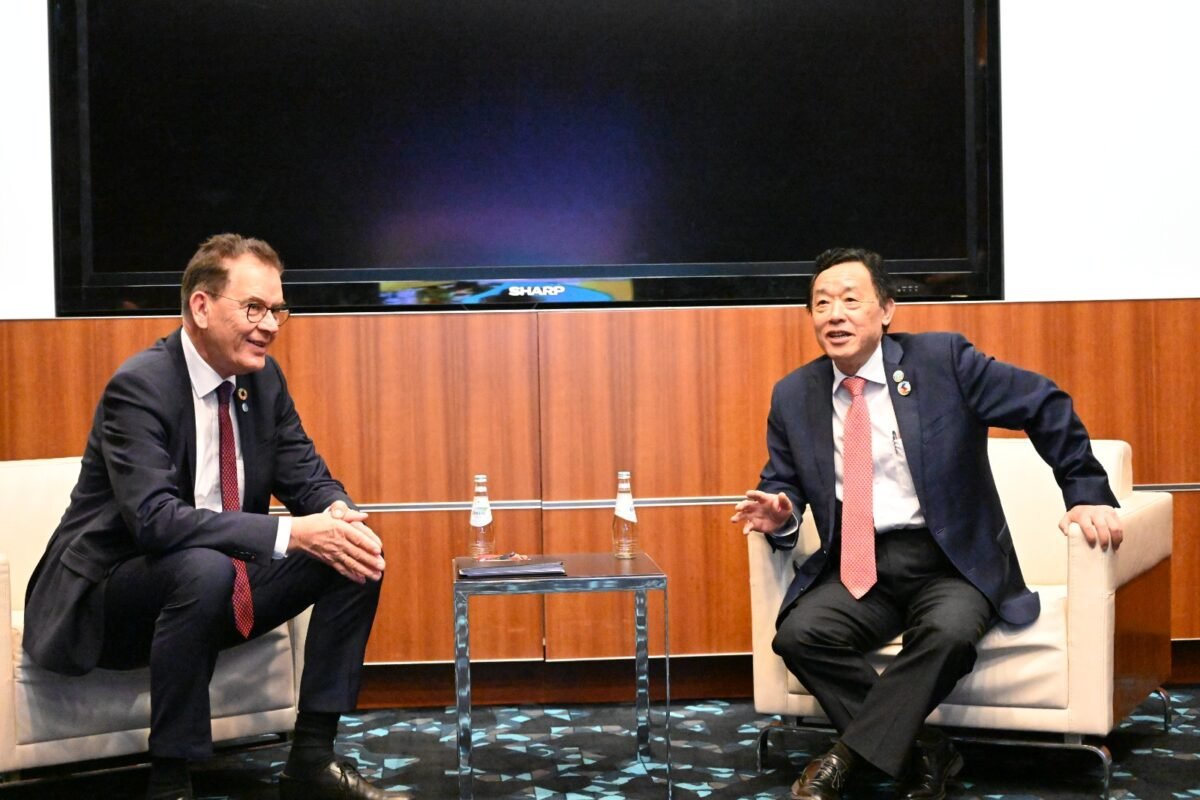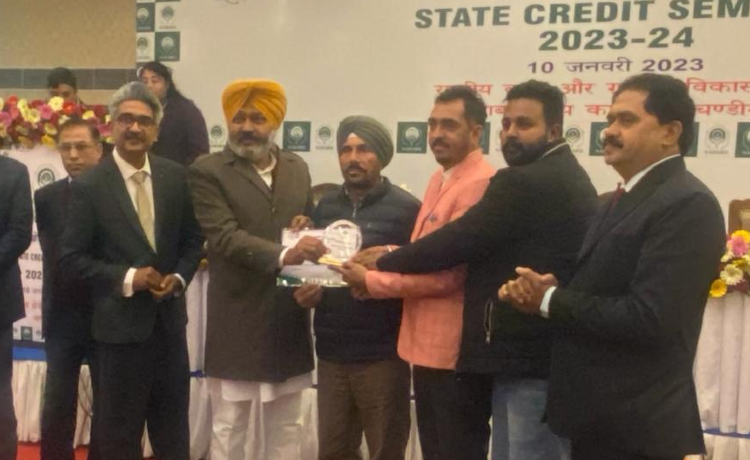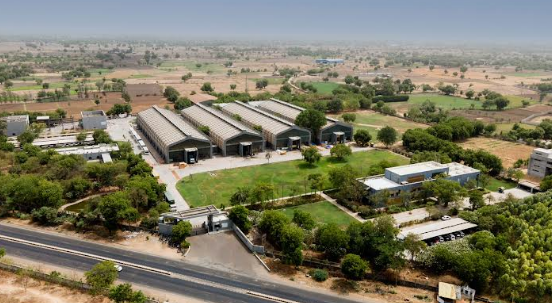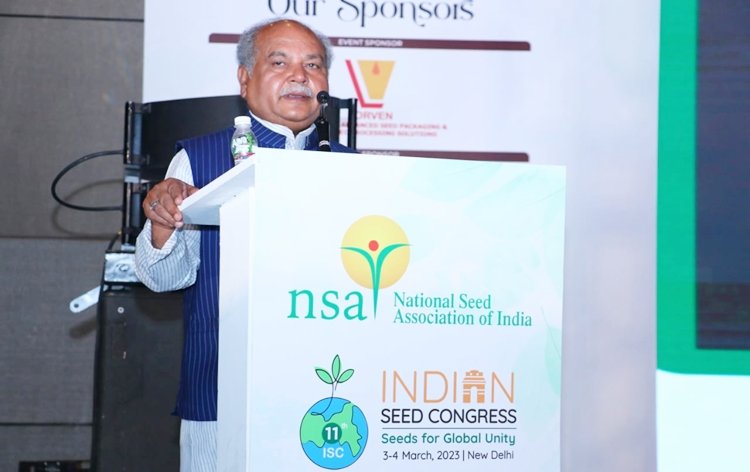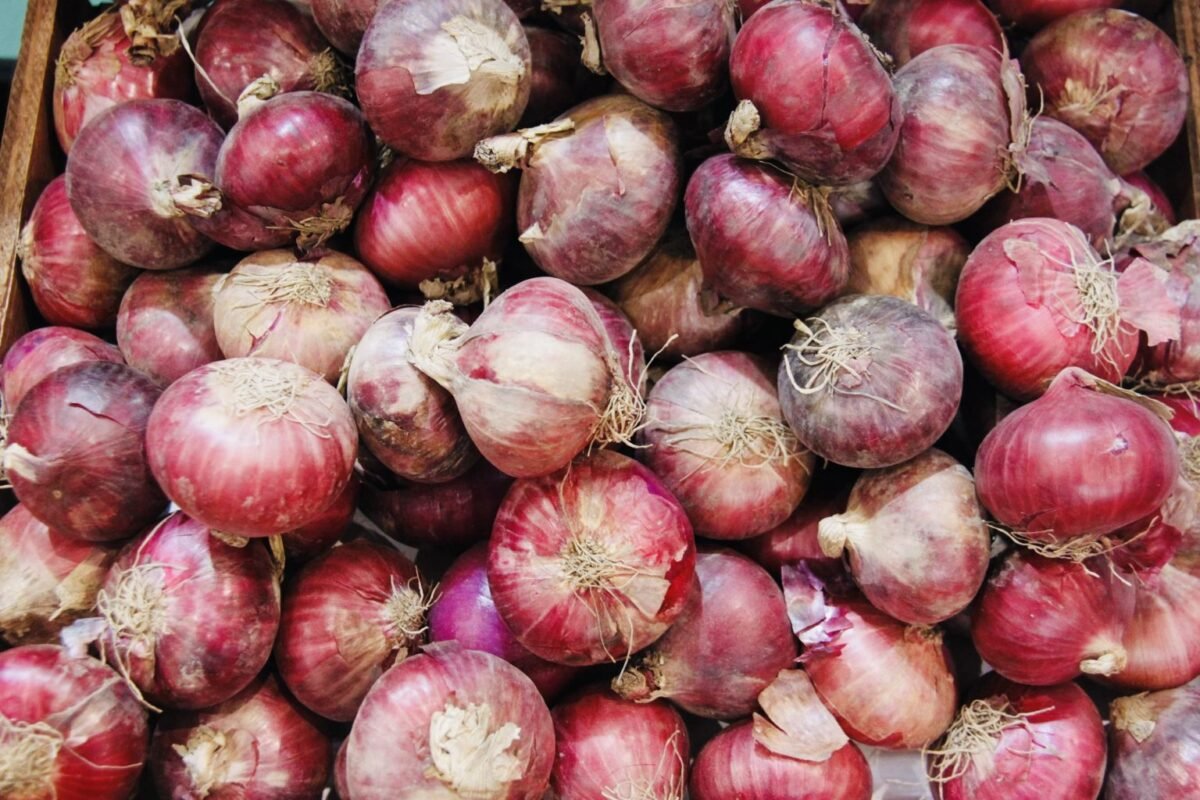By becoming IndG.A.P certified, FPOs can demonstrate their commitment to producing safe and high-quality products, which can increase their marketability and access to better-paying markets.
Sri Rapthadu Mandala Raithu Utpatti Darula MACS Limited, a farmer producer company in Anantapur district of Andhra Pradesh, supported by Samunnati and eFresh, received IndG.A.P certification for foxtail millet. This feat by a farmer producer company in India assumes great importance particularly, in this International Year of Millets (IYoM 2023), under the ambitious “Make in India” initiative by the Government to ensure Indian millets have access to global markets.
Commending the FPC on receiving the certification, Anil Kumar SG, Founder & CEO, Samunnati said “Adoption of GAP verified by a robust certification will enhance value realization by farmers and make India globally competitive in agri exports. This is why Samunnati spearheaded the promotion of IndG.A.P standards with eFresh, an expert body on global food safety standards .This achievement needs to reach all the FPOs across India covering all major crops and commodities. It is heartening to see our efforts are bearing fruits and paving the way to make India the “Millet bowl of the world” in the near future, facilitate export and increase income to the farmers.”
Murali, CEO of Action Fraternity, that supported the FPC for obtaining the certification mentioned, “We feel very happy and privileged to get the IndGAP certification as we aspire to become one of the reliable and reputed suppliers of millets to the global markets. We are grateful to Samunnati and eFresh Agribusiness Solutions for their enormous all-round support and to the Government for taking proactive efforts to create more markets for Indian millets globally under the International Year of Millets 2023 initiative.”
Despite being one of the largest producers of millets in the world, India exported millet products worth USD 34.32 million during the fiscal year 2021-22, which is relatively small. With growing global demand for healthy and sustainable food options, there is potential for India to increase its exports of millet products in the coming years. To achieve this, the Indian Government under the flagship initiative IYoM 2023 aims to promote the production, processing, and marketing of millets both domestically and internationally.
Commenting on the occasion, Srihari Kotela, Managing Director, eFresh Agri Business Solutions Pvt Ltd, said “It gives us great satisfaction to see the first Farmer Producer Company in India getting certified to IndG.A.P for foxtail millet production conforming to international Standard ISO 17065. This is a great step in the right direction to facilitate increased exports and enhanced income, particularly, for millet farmers, majority of whom are smallholders.”
Certification schemes like IndG.A.P are designed to help Indian farmers and exporters meet global food safety standards, which is essential for accessing global markets. IndG.A.P certification is recognized as a credible and reliable certification program in India, and it is currently being benchmarked against global standards like GlobalG.A.P to further enhance its recognition and credibility in the international market covering 120 countries.
By obtaining IndG.A.P certification, Indian farmers and exporters can demonstrate their compliance with international food safety standards, which can help to increase their access to global markets. IndGAP certification also provides a framework for continuous improvement in farming practices, which can help to improve the quality and safety of agricultural produce over time and will strive towards UN Sustained Development Goals.
“We aim to get at least 100 FPOs certified under IndG.A.P in the near future. By becoming IndG.A.P certified, FPOs can demonstrate their commitment to producing safe and high-quality products, which can increase their marketability and access to better-paying markets. Samunnati continues to engage with the FPOs providing holistic support to make them commercially viable.” added Anil.
By becoming IndG.A.P certified, FPOs can demonstrate





